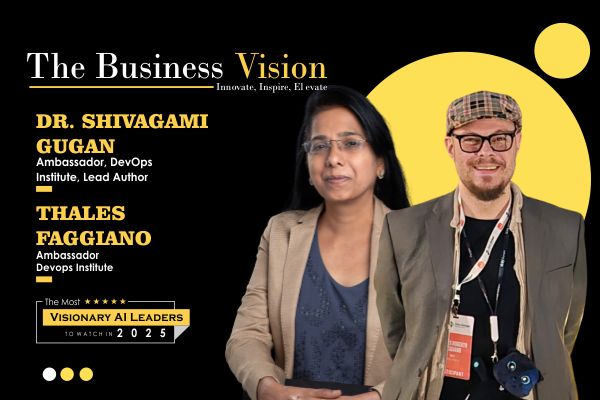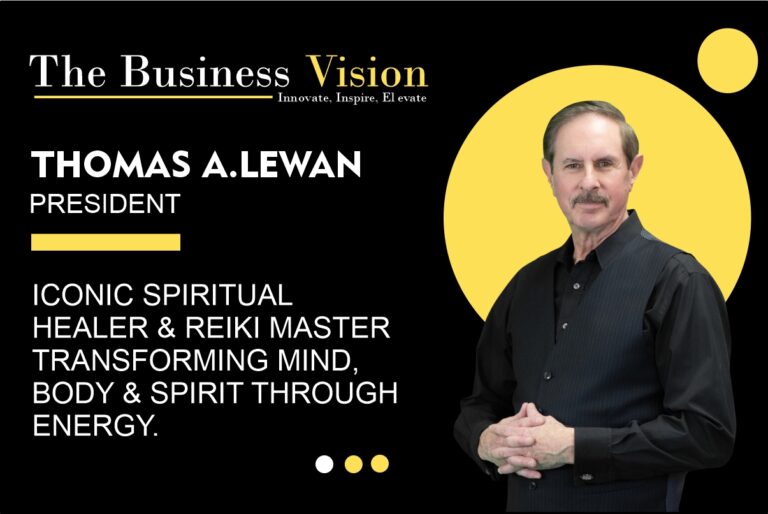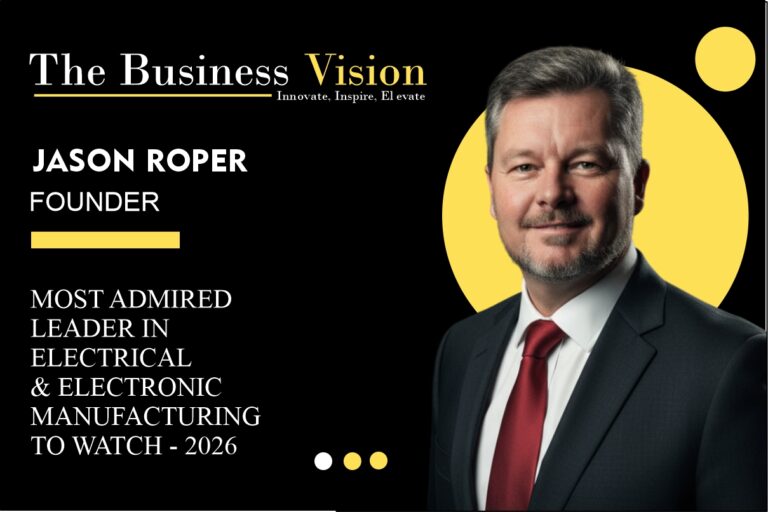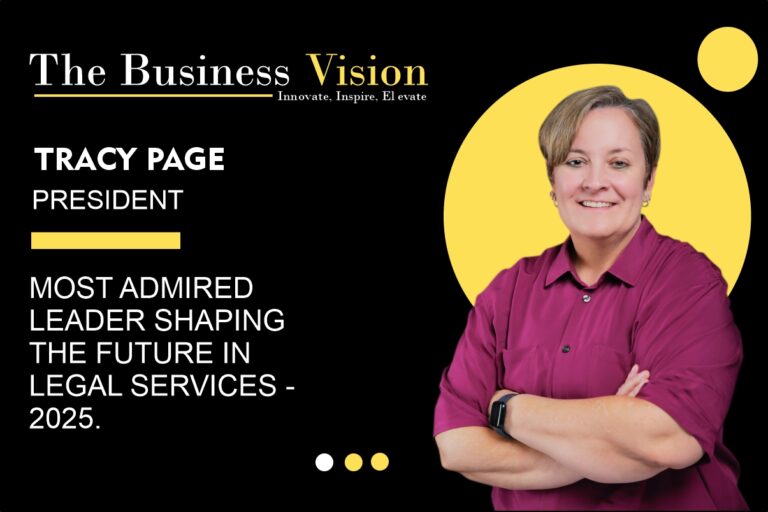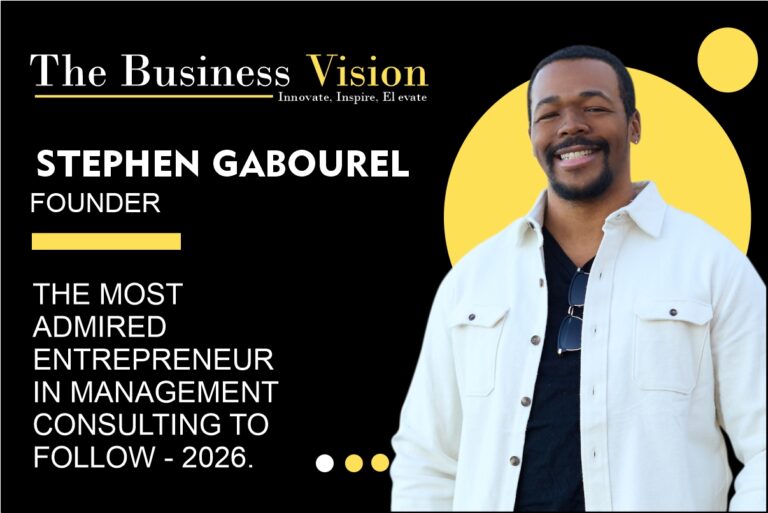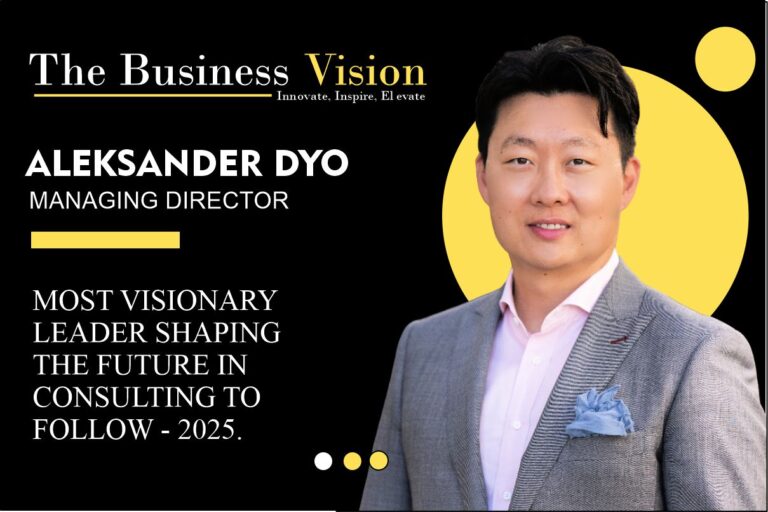In a world increasingly powered by artificial intelligence and automation, the boundary between innovation and implementation is narrowing rapidly. At the forefront of this transformation stand two visionary leaders—Dr. Shivagami Gugan and Thales Faggiano—whose work is redefining how organizations approach DevOps, site reliability, and intelligent observability. As ambassadors of the DevOps Institute, they are not just voices in the global conversation around AI and engineering culture—they are catalysts driving measurable, meaningful change.
Dr. Shivagami Gugan, a Lead Author and seasoned engineering leader, brings decades of practical transformation experience in scaling agile teams, embedding reliability into enterprise systems, and championing cultural change. Her contributions go beyond theory—through initiatives like the SRE Practitioner Course and Observability Practitioner Course, she has laid down the blueprint for modern organizations to become proactive, autonomous, and resilient. For her, AI is not just a tool—it’s a teammate that should work for us, not the other way around.
On the other side of the globe, Thales Faggiano is equally committed to evolving the DevOps landscape. As an ambassador and thought leader, he merges deep technical insight with a passion for community-driven knowledge sharing. Thales brings a unique blend of clarity and curiosity that inspires engineers and organizations alike to explore what’s next in AI-enabled infrastructure and operational excellence.
Together, Shivagami and Thales represent a rare combination of strategic foresight and hands-on pragmatism. In this exclusive feature, we explore their journeys, philosophies, and the bold ideas they’re championing in 2025—ideas that promise to not only shape the future of DevOps but the future of work itself.
Strategic Enablers of Digital Intelligence
Thales Faggiano: Elevating IT Intelligence through Collective Innovation
Thales Faggiano is a passionate People & IT enthusiast whose approach is grounded in a deep belief in collective intelligence—an ethos inspired by his favorite Brazilian philosopher, Clóvis de Barros Filho. His career spans IT management, Site Reliability Engineering (SRE), DevOps, systems analysis, networking, and security. He holds a degree in IT Management and technical certifications in data processing and computer networks.
As an ambassador for the DevOps Institute, ITIL, and the Value Stream Management Consortium (VSMC), a Team Topologies Advocate, and a board member at ProdOps University, Thales is committed to evolving IT intelligence for the digital business era. He translates mission, vision, and values into organizational designs that support operational models delivering tangible value. His leadership focuses on identifying and managing value flows, creating a ubiquitous language between IT and business, and scaling digital product delivery through best practices in agility, VSM, ITSM, GRC, DevSecOps, and reliability engineering. Thales builds trust-based partnerships that enable digital evolution to scale effectively and sustainably.
Dr. Shivagami Gugan: Orchestrating Digital Intelligence for Business Evolution
As an ambassador for the DevOps Institute, ITIL, the VSMC, a Team Topologies Advocate, and Vice Chair for the Steering Committe at AI for Good, United Nations, Dr. Shivagami Gugan sees her role as an enabler of digital intelligence for businesses. She identifies demands and opportunities, organizes resources into products, and orchestrates services that co-create value with customers and stakeholders.
Her work involves translating mission, vision, and values into actionable objectives while fostering organizational designs that support operational models capable of delivering tangible, sustainable outcomes. Through educational efforts, advocacy, and strategic guidance, she helps bridge the perennial gap between IT and business—reducing complexity through a shared, ubiquitous language and leveraging frameworks grounded in systems thinking, complexity theory, agility, value stream management, operational excellence, governance, DevOps, and SRE principles.
A Shared Vision for Purposeful Digital Evolution
Both leaders emphasize organizational design as key—ensuring that operational models are not merely reactive but adaptive and forward-leaning. This strategic alignment allows digital ecosystems to not only scale but sustain themselves intelligently, evolving alongside market and cultural shifts.
Ultimately, Thales Faggiano and Dr. Shivagami Gugan weave partnerships and trust relationships that empower digital evolution to scale effectively and responsibly—transforming technology adoption into a journey of value co-creation.
“True transformation happens when technology meets trust—when systems are designed not just to function, but to enable people to think, adapt, and lead.”
— Dr. Shivagami Gugan & Thales Faggiano
Top of Form
Bottom of Form
Reframing the Challenge: Technology Adoption Begins with Mindset
When tasked with integrating disruptive technologies such as AI, DevSecOps, and SRE, Dr. Shivagami Gugan and Thales Faggiano recognized an immediate, shared obstacle: mindset.
Despite the allure of advanced tooling, both found that enterprise success depended less on technology itself and more on cognitive readiness—the ability of teams and leaders to shift how they think, question, and solve problems. Shivagami, through her experience transforming traditional support and engineering silos, and Thales, through his advocacy of systems thinking, both underscored the danger of blindly chasing innovation hype.
Their approach? Slow down to ask the right questions. What problems are we solving? What value are we enabling? Is the team ready—not just technically, but culturally?
Encouraging these deeper questions helped reframe the narrative. It wasn’t about tools, but capabilities. They guided organizations to resist superficial adoption and instead focus on integration that fit context, culture, and customer need.
To do this, both emphasized structured education, value stream analysis, and service ownership models that demystified the complexity of modern enterprise systems. Their interventions made it possible to create environments where AI and DevSecOps were not just used—but understood.
“The real innovation begins when we stop asking ‘what can we deploy?’ and start asking ‘what should we improve?'” — Dr. Shivagami Gugan & Thales Faggiano
The Inflection Point: From Local Fixes to Systemic Change
For Dr. Shivagami Gugan and Thales Faggiano, the true turning point in their digital leadership journey didn’t come with a new tool—it came with a new lens.
They both describe the adoption of systems thinking and complexity awareness as transformative. It marked a departure from reactive, local optimizations toward a holistic, structural approach to improvement. Shivagami experienced this while scaling teams into autonomous units accountable for the full software lifecycle, while Thales observed it through his work guiding operational models across domains.
“The true inflection point came with the adoption of systemic and complex thinking. Understanding that local optimizations cannot remedy structural problems was transformative. In this realization, culture, team organization, and work design clearly emerged as necessary precursors to the sustainable implementation of any technological solution.”
— Dr. Shivagami Gugan & Thales Faggiano
This shift made clear that culture, structure, and team topology must be in place before technology can truly thrive. Adopting AI or SRE practices in isolation—without redesigning how people collaborate, decide, and measure success—only led to friction.
Together, they championed the reorganization of teams into value-oriented, cross-functional groups, empowered with the autonomy and observability needed to act with speed and accountability. They broke silos—not just between Dev and Ops—but between business and IT, product and governance, execution and intent.
It was this structural realignment that allowed innovation to scale sustainably. From monoliths to microservices, and from ticket-driven change boards to intelligent automation, their ecosystems evolved not just in form, but in philosophy.
“Lasting change begins when we stop fixing parts in isolation and start designing systems for flow, feedback, and learning.”
— Dr. Shivagami Gugan & Thales Faggiano
Humanizing Technology: The Foundation of Enduring Success
In an era dominated by rapid AI evolution and digital transformation, Dr. Shivagami Gugan and Thales Faggiano attribute long-standing success not to any single framework or tool, but to an unwavering commitment to the human layer of technology. For both leaders, the enduring resilience of their organizations comes from prioritizing people, communities, and learning ecosystems over trends and transient methodologies.
As DevOps Institute Ambassadors and inclusive advocates, they emphasize that technology must not become a mechanism of control, but rather a tool of emancipation—a means to unlock human potential. Their efforts center on fostering environments where knowledge flows freely, trust is cultivated, and teams are safe to explore, question, and adapt. Learning is embedded as a strategic function, not a side activity.
“As a DevOps Institute Ambassador, I have learned that community precedes technology. Our sustained success stems from a relentless focus on the human dimension—prioritizing people, communities, and learning networks over tools and trends. Technology, when humanized, becomes a means of emancipation rather than subjugation.”
— Dr. Shivagami Gugan
They reject the notion that innovation stems from speed alone. Instead, it is the quality of collaboration and shared purpose that accelerates meaningful transformation. In their leadership roles, they actively foster psychological safety, diversity, and situational awareness, crafting cultures that thrive on complexity rather than fear it.
“Community precedes technology—because only human-centered ecosystems can shape digital systems that liberate rather than dominate.”
— Dr. Shivagami Gugan & Thales Faggiano
Navigating Complexity: The New Leadership Imperative
For leaders like Dr. Shivagami Gugan and Thales Faggiano, the central challenge in today’s AI-driven and DevOps-centric world is not the technology itself, but the cognitive and cultural capacity to engage with complexity responsibly. They have learned that shortcuts, oversimplified frameworks, and one-size-fits-all solutions are inadequate in a world shaped by unpredictability and rapid change.
The foremost challenge, as they see it, is fostering a cultural and cognitive environment capable of engaging complexity without resorting to crude simplifications. In this landscape, the best strategy is not prescriptive control but intervening in systems from a complexity-informed perspective. Rather than impose uniform solutions, they emphasize situational awareness and contextual action—skills that are cultivated, not standardized.
To this end, they champion a complexity-informed leadership style, rooted in frameworks such as Cynefin, DevOps, Team Topologies, and SRE. These models offer invaluable guidance for recognizing the nature of different challenges—whether chaotic, complicated, or complex—and aligning interventions accordingly. This lens allows organizations to respond with contextual precision, understanding when to experiment, when to stabilize, and when to transform systems holistically.
Their leadership approach also integrates a deep commitment to diversity, equity, and inclusion. Thales, as a neurodivergent technologist, and Shivagami, as a pioneering female leader in engineering, both underscore how inclusivity is not just a moral imperative but a strategic necessity in complex environments. Through collaborative circles and humanistic frameworks, they champion technology that serves, rather than subverts, human values.
The ecosystems they shape do not chase innovation—they nurture it, through continuous reflection, psychological safety, and the capacity to act without fear in uncertain conditions. This balance of strategic structure and adaptive learning is what enables their teams to thrive in high-velocity, high-stakes contexts.
“In a complex world, leadership means creating the conditions for emergence—not control—so that innovation can grow from the inside out.”
— Dr. Shivagami Gugan & Thales Faggiano
Leading Through Uncertainty: Evolving with Humility, Influence, and Purpose
In today’s fast-moving technological landscape, leadership is less about control and more about cultivating conditions for adaptive intelligence. As both Dr. Shivagami Gugan and Thales Faggiano reflect, the qualities most essential for meaningful transformation are deeply human.
“I believe we must lead with humility before complexity—recognizing that certainty is often an illusion,” says Thales. “Transformation doesn’t require omniscience. It calls for courage to intervene wisely, even when clarity is incomplete. It also demands a commitment to resonant communication—developing shared language that unifies teams and fosters mutual understanding.”
For Shivagami, the ability to nurture inclusive cultures where people can co-create, experiment, and grow is vital.
“Empathy and cultural stewardship aren’t soft skills—they’re the groundwork for innovation,” she notes. “We don’t impose direction; we facilitate emergence through environments where learning is continuous and purposeful.”
Credibility in emerging tech, they agree, doesn’t rest on credentials alone. “I stay relevant not by chasing trends but by remaining embedded in communities of practice,” says Thales. “I learn from ecosystems like the DevOps Institute and from peers like Dr. Shivagami Gugan, whose mentorship keeps my perspective sharp and ethically grounded.”
They both emphasize that expertise is never static. “It’s not a badge—it’s a responsibility to evolve,” Shivagami reflects.
“Leadership today means learning in public, acting with integrity, and staying curious—always. Expertise is not a destination; it’s a dialogue with the unknown.”
Wisdom in the Machine: Guiding the Next Generation of AI & DevOps Leaders
In a world increasingly shaped by algorithms, automation, and accelerated change, Dr. Shivagami Gugan and Thales Faggiano urge aspiring professionals to begin not with tools—but with thought. For those looking to make a lasting impact in AI, DevOps, or SRE, their advice centers on cultivating depth, discernment, and critical thinking.
“Cultivate curiosity beyond technology,” Thales advises. “Understanding complexity, human behavior, and ethical consequences will take you further than chasing the next trending framework.” Shivagami echoes this, emphasizing that true technical mastery is rooted in systems thinking—the capacity to see patterns, dependencies, and consequences beyond individual lines of code.
They underscore the importance of community over credentials. In their view, innovation emerges more from dialogue and collaboration than from isolated achievement. “Success is a collective effort,” says Thales. “Mentorship, peer learning, and shared practice are foundational to strong, resilient leadership.”
Both leaders emphasize the ability to navigate ambiguity with clarity and confidence. “In AI and DevOps, there are few black-and-white answers,” Shivagami explains. “What matters is the ability to ask better questions, evaluate trade-offs, and make decisions under uncertainty.”
They also advocate for ethical discernment in a landscape saturated with hype and speed. For Shivagami and Thales, technology must remain value-guided and purposeful—a tool for solving real problems, not just a race toward novelty or performance.
Above all, they remind future leaders to stay adaptable. “Everything evolves—so must we,” says Shivagami. “Progress is rarely linear. It requires reflection, learning, and a willingness to adjust course.”
“Sustainable agility respects the natural pace of systems,” Thales adds. “The goal is not to force outcomes, but to design conditions where progress can emerge intelligently.”
In a chaotic world, their message is clear: Wisdom is the new currency of leadership—and it begins by looking inward before reaching outward.

